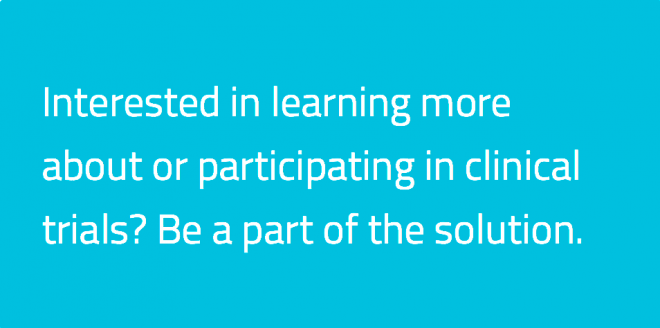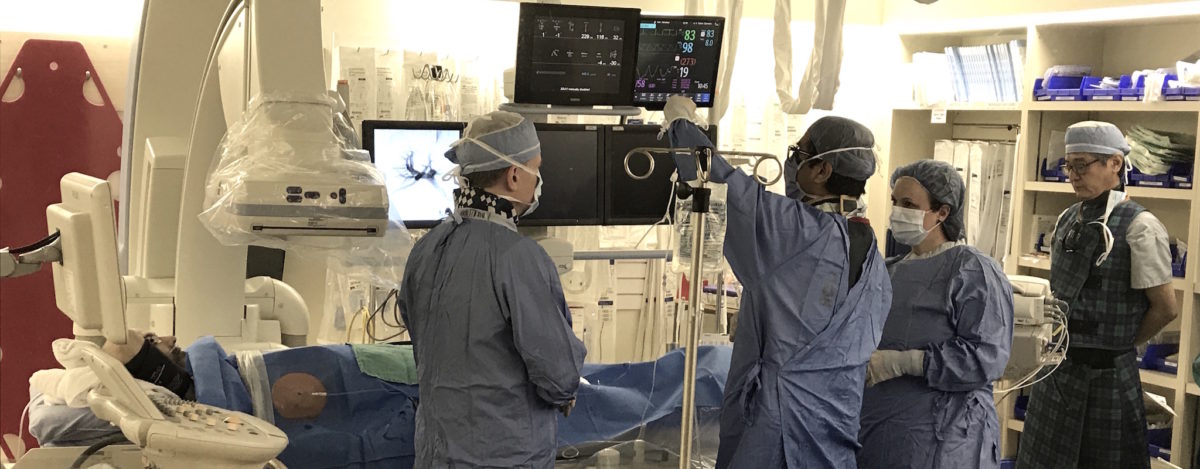DRIFcan and the Edmonton Protocol for Type 1 Diabetes Cure Research
Alberta, Canada – Executive Director of DRIFCan, Melanie Hibbard, spoke with Beyond Type 1 about the Edmonton Protocol and their aim to cure type 1 diabetes. DRIFCan, or Diabetes Research Institute Foundation Canada, was established in 2005 and founded by researcher Dr. James Shapiro and his team at the University of Alberta in Edmonton, Canada. Dr. Shapiro was also the developer of the Edmonton Protocol, which is a method of pancreatic islet implantation used to treat type 1 diabetes. He is professor of surgery, medicine and surgical oncology and is the recipient of many awards for his research work such as the Hunterian Medal from the Royal College of Surgeons of England, the Paul E. Lacy Gold Medal, the Gold Medal in Surgery from the Royal College of Physicians and Surgeons of Canada.

Beyond Type 1: What has DRIFCan funded and why? (islet transplant, stem cell transplant, early onset detection, encapsulation devices)
Hibbard: DRIFCan has funded both clinical trials and human trials, which includes islet transplants, stem cell transplants and early onset trials. We believe Dr. Shapiro and his team can move these trials forward as long as the funding is accessible to them. Most funding from other groups has many guidelines with their grants, which can halt research if they have to go back to the drawing board and ask permission. DRIFCans funds are unrestricted to allow for the research to continue to move forward.
Beyond Type 1: Can you describe each of the cure research you take part in?
Hibbard: We support the Edmonton Protocol, islet transplants, in helping improve the anti-rejection drugs that patients must take. We support the stem cell transplants to ensure they can continue to improve the encapsulation device being used and continue to transplant with more patients in the trial, and we support the Early Onset Trial.
Beyond Type 1: Why is islet treatment not the more viable “cure” and stem cell transplant is?
Hibbard: Islet transplants are not the viable cure as the patients must take anti-rejection drugs once they receive their transplants. The hope is with the stem cell transplants that the body will naturally change the stem cells into insulin producing cells and not require anti-rejection drugs.
Beyond Type 1: Which treatment is funded by the government and why?
Hibbard: In 2013, the Islet transplants had become so successful that they became a treatment and not a trial. When that happened, the Alberta government closed borders on the province and as long as you are an Alberta resident, the transplant would be covered by the government. If you reside outside of Alberta and qualify for the transplant, you must go to your own government and seek funding to come to Edmonton to have the transplant.
Beyond Type 1: What kind of success have you seen in your research?
Hibbard: Since 1999, there have been over 600 islet cell transplants done in Edmonton on over 275 patients. There have been over 2000 transplants in over 30 sites around the world, all using the Edmonton Protocol. There are currently 19 patients that have received the stem cell transplants and 14 have been done in Edmonton. They are about to start round two of this trial with approximately 20 more patients.
Beyond Type 1: What has been some of your greatest challenges?
Hibbard: DRIFCan’s biggest challenge is to spread our message about who we are and what we do. I am the sole employee with a volunteer board of nine trying to raise over $5,000,000 for Dr. Shapiro’s Clinical and Human trials without spending donors’ funds on large amounts of administration. We are a small foundation in a small city in the Prairies of Canada trying to fund groundbreaking research for a world-renowned researcher.
Another challenge for the research team is to recruit patients for the Early Onset Trial. They must be over 18 and start the trial during the honeymoon phase within six months of diagnosis. It is a challenge as we know the majority of type 1’s are diagnosed under the age of 18.
Beyond Type 1: What is the longest time someone with type 1 has been diabetes-free?
Hibbard: The longest patient living diabetes free with the islet transplant is now 19 years. The majority of islet patients require more then one transplant to completely be off insulin, and all patients differ in how long between each transplant they go insulin-free.

Beyond Type 1: How is DRIFCan different from other organizations?
Hibbard: DRIFCan is different from other organizations in that we are solely focused on funding cure-based research. We also focus on trying to get our organization to 90/10, so everything we do we are constantly going back to how we can stay true to the 90/10 rule. We know there are many great research projects out there being funded, but we believe in funding the team that currently has 15 clinical trials and four human trials. Their record for moving research forward at the speed they do deserves our attention and funding so that they can keep it moving forward.
Beyond Type 1: Why should people outside of Canada donate to you?
Hibbard: Funding from outside of Canada will still go towards this groundbreaking research into finding a cure for type 1 diabetes. The search for a cure is free of borders—in fact, Viacyte (a US based biohub) actually chose Canada for Dr. Shapiro to conduct the first human stem cell transplants for the Edmonton Protocol.
Beyond Type 1: Do you believe a type 1 diabetes cure is possible?
Hibbard: Absolutely! We have already seen remarkable results with this team with moving an islet cell transplant from trial to treatment and approvals from Health Canada within one year for human trials. This team is not looking to keep working in the lab, they are already doing this research with humans and moving their research forward to find a cure.





